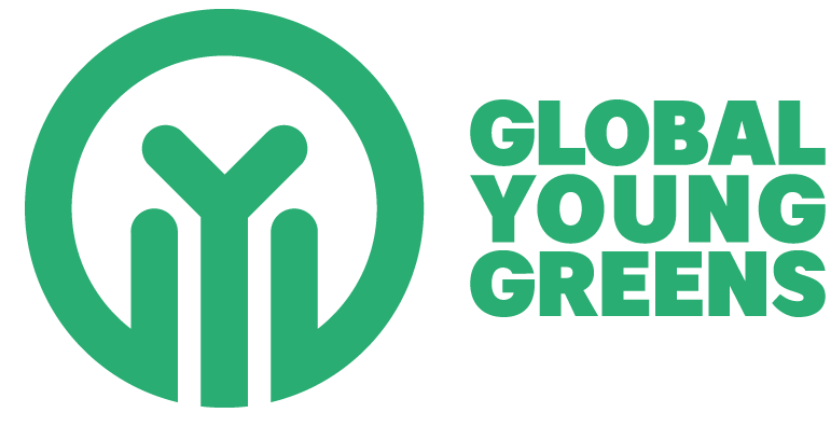Contrary to popular belief and received wisdom, corruption is not exclusively domiciled within the innermost sanctums of executive privilege. Neither is it distinctly peculiar to some creeds, cultures, communities or countries as it often reported in mainstream media. Invariably, it straddles every sector of each society―from the base of the pyramid to the commanding heights of power. The faceless bureaucrat who illegally deploys office stationery for personal ends is just as guilty of misappropriation as the notorious politician who systematically diverts public funds to offshore accounts. This fundamental understanding of what corruption entails is essential if society is to stop it, since half the victory in any battle is won when one knows the enemy. Moreover, we cannot continue to assume that the flow of corruption is top-to-bottom. To do so is morally reproachable, since the quality of leadership is a function of the liberty of followership. Society in general must accept responsibility for ending corruption.
To reiterate my views, it is needful to tell a short story. I had a close call with corruption, recently. I had gone to the hospital to complain about a recurring condition but after some examination, my physician prescribed another dose of antibiotics to combat the growing threat. I walked out of the consulting room, and headed for the pharmacy where I told the attendant to write out my prescription so I could obtain the drugs at the local chemist on my way home. On hearing this, another attendant, approached me in private and asked why I choose not to buy the drugs from the hospital pharmacy. I quickly responded by informing her that my decision was solely based on cost implications. In a friendly manner, she assured me she could give me a fair deal. She dashed into the pharmacy and, returned with a bill that seemed quite reasonable. I was a bit surprised at how cheap their rates were but was too preoccupied with getting home to ask why. She asked for payment and I tendered the exact amount in cash.
As I exited the pharmacy, I was accosted by a cashier who requested to see the receipt for the drugs I had just bought. It was then that it occurred to me that the attendant had not registered the payment into the official accounts but had pocketed the cash. I was stunned and embarrassed at how easily I had been fooled. The departmental superintendent was alerted, and he summarily demanded an explanation. At that point, I knew if I covered up the act of the unscrupulous attendant I would become an accomplice to her misdemeanour. I promptly told the whole truth―recounting the events of the last few minutes, thereby exposing the misdeeds of the attendant, and by doing so, made her an example to her colleagues who by that time had been summoned by the superintendent. I left the hospital with the feeling that although telling the truth might have put that attendant’s career in jeopardy, I knew I did the right thing. I felt a rush of adrenaline, the kind you get when you know you’ve done something rewarding.
Although the superintendent promised to deal with the matter, I was not pleased with the outcome. It seemed all he could do was just disgrace the offender in public. Almost instantaneously, I wished I had the right tools to address the case personally given that the lady had almost gotten me implicated in her illegality. The experience provided me with the seed for a new course of action against corruption. My idea advocates for the development of a mobile application software that enables youngsters to work without any form of restriction as transparency vanguards through the recording and sharing of digital content on live corrupt happenings in real time. Leveraging on cutting-edge navigational technologies, such open source application will provide solid evidence and also notify law enforcement agencies including other users in the vicinity of the happening so that they may to respond to the ‘distress’ call of a victim and thus, serve as witnesses in the prosecution of the offender(s) in a criminal court.
Invariably, applied knowledge, in the form of information technology, is an effective weapon which youths can use to stop corruption. The advent of the information age has created new possibilities for civic engagement. In the developing regions of the world, the mobile revolution has equipped a considerable portion of the population with tools for organised activism. Today’s tech-savvy youths, more than ever, can freely mobilize themselves to fight corruption through social networking. Thus, youthful champions of the anticorruption cause can leverage on this ‘weapon’ to document and disseminate reports on the nefarious activities of public officeholders and similar private citizens in their respective jurisdictions. We cannot afford to sit idly while billions in hard currency are deposited in tax havens thereby curtailing the freedoms of the citizenry. Conclusively, the immortal words of Usman dan Fodio capture the solution to corruption: ‘Conscience is an open wound. Only the truth can heal it.’
Article by: Kolawole Talabi-Ibadan, Nigeria


